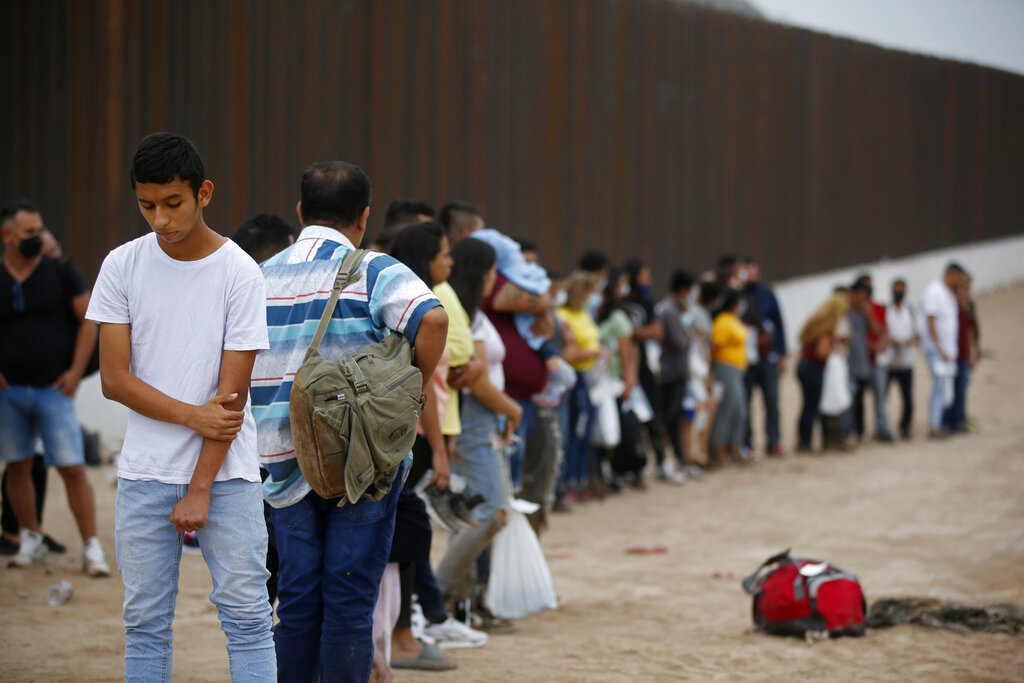Reaching out to yet another U.S. foe, Saudi Arabia recently welcomed Venezuelan President Nicolas Maduro for an official state visit that coincides with the international conference on combating extremism, which was held this week in Riyadh and co-chaired by U.S. Secretary of State Antony Blinken.
Saudi Arabia had been a close U.S. ally for decades, but relations have been strained in recent years. Over the last few months, the kingdom has restored relations with Iran's theocracy and Syria's President Bashar Assad, who are both seen as pariahs in the West.
The U.S. government backed the opposition to Maduro's rule after his contested re-election in 2018. Heavy sanctions on Maduro's autocratic government were also imposed in hopes of sparking change, but Venezuela dug in and resisted the sanctions – with support from Russia, Turkey, and Iran.

"Inviting Maduro is not a surprise, because the crown prince, who is now the prime minister … invited Xi [Jinping], a year ago," recalls defense analyst Bob Maginnis. "They met, and they agreed to certain things. Bringing Maduro in, who is another authoritarian, doesn't surprise me. The grand ayatollah there in Tehran – they're all of the same ideological ilk. In other words, authoritarians, pseudo-Marxists."
Meanwhile, Maduro has been tight with Beijing.
"He does have a lot of oil," Maginnis notes. "Allowing China to develop that oil, which they are allowing, and Maduro running off to OPEC, especially to the Saudis, shouldn't surprise anybody."
Given what is going on in the world right now, he says these developments are a sign of the weakening of the United States.
"The bad guys get together, ban together, and form their own alliance," the defense analyst summarizes.
And retired Navy Commander Kirk Lippold does not think the United States is in a position to complain about it.

"When you look at Venezuela, we're not helping ourselves," he submits. "We are allowing Chevron, a U.S. oil company, to now go into Venezuela and begin to drill for oil and export oil to the United States. All that money is going to be going to support the Maduro regime, when they have been under sanctions ever since Chavez."
In pursuance of a "green energy policy, he says the United States has essentially tried to walk away from the Middle East. But "the world still runs on oil."
"That oil is being provided with a majority stake by Saudi Arabia," Lippold notes. "They're the ones that still dictate to and run OPEC."
In his opinion, the Biden administration has demonstrated that it does not care anymore.
"They don't care about trying to support freedom-loving nations, because they don't want to sanction Maduro anymore, even though he's a brutal dictator," Lippold concludes.







